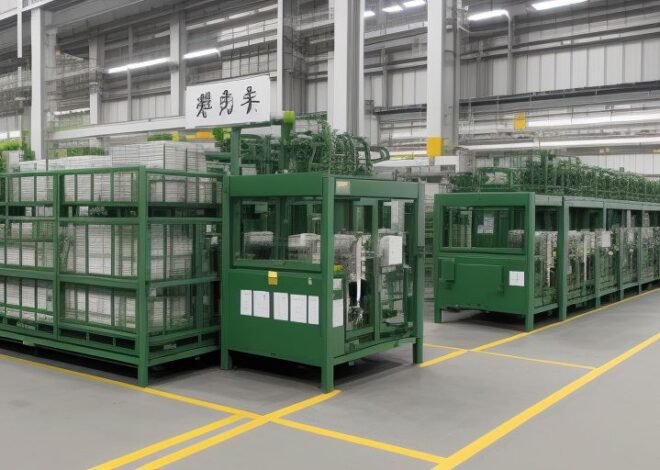
Global Industry Summit Focuses on sustainable Packaging
The packaging industry has been keen on sustainability and innovation as was evident at the just concluded 2024 Global Packaging Summit in Frankfurt city, Germany. Representatives from the global packaging industry, academics, and policy-makers came together to present new sustainable packaging technologies and solutions as well as to address the ways by which packaging waste can be minimised.
Perhaps the most discussed innovation at the summit was a new generation of biodegradable plastics, which have been created by a group of European research centres. These are materials gotten from agricultural waste products and they have the potential of degrading within months under normal environmental conditions, thus providing a possible solution to the plastic pollution menace.
Many big brands have already shown interest in using these materials in their packaging products with some of the pilot projects planned to be rolled out by the end of this year.
One of the special attractions of the event was a new type of paper-based packaging for liquids created by a Swedish startup. The system employs a paper that can retain liquid for a longer time without seeping or degrading hence could be a substitute for plastic bottles for numerous products. It has already attracted the interest of several beverage firms keen on minimizing their use of plastic.
The summit also discussed the trends such as the use of digital technologies to drive progress in sustainable packaging. Several companies demonstrated smart packaging methods that include QR codes and NFC tags that enable the consumer to get more information about the sustainability of a product as well as its carbon footprint and recycling information. These technologies are regarded as having the potential to enhancing the effectiveness of recycling and raising public awareness of the issue.
This was the case during the summit where policy matters focused on the need to have a co-ordinated legislation in order to encourage the shift towards sustainable packaging. According to delegates from the European Union, new legislation on recycling labels which are expected to harmonize across the member states was proposed and a new legislation on recycled content for certain kinds of packaging was also proposed.
Further measures of this kind are being discussed in other parts of the world, several Asian countries have declared their intention to ban single-use plastics by the end of this decade.
This paper has also sought to establish that while the packaging industry is being forced into adopting sustainability measures by regulations, it is also as a result of market driven forces. A survey conducted during the summit showed that 78% of consumers in the developed countries are now willing to pay attention to the environmental impact of the packaging, as compared to 62% in the similar survey conducted two years ago.
This change in consumer expectations is now forcing brands to go all out in their search for better sustainable packaging materials, with many companies setting themselves high targets for the cutting down of their packaging waste as well as the use of recycled packaging materials.
However, there are some issues in expanding many of these solutions that have been categorized as innovative. One of the key issues is cost, as even now some of the more environmentally friendly options are still more costly than the conventional packaging materials. Manufacturers urged their counterparts to step up efforts to invest on research and development to make green products cheaper and more efficient.
The summit ended with a call to action to the industry to step up the pace on sustainability. Lecturers stressed the importance of working with all the links of the value chain including materials suppliers and retailers to effect change. In the closing of the event, there was a measured enthusiasm among the attendees where most of them believed that the packaging industry is poised for a revolution towards sustainability.


